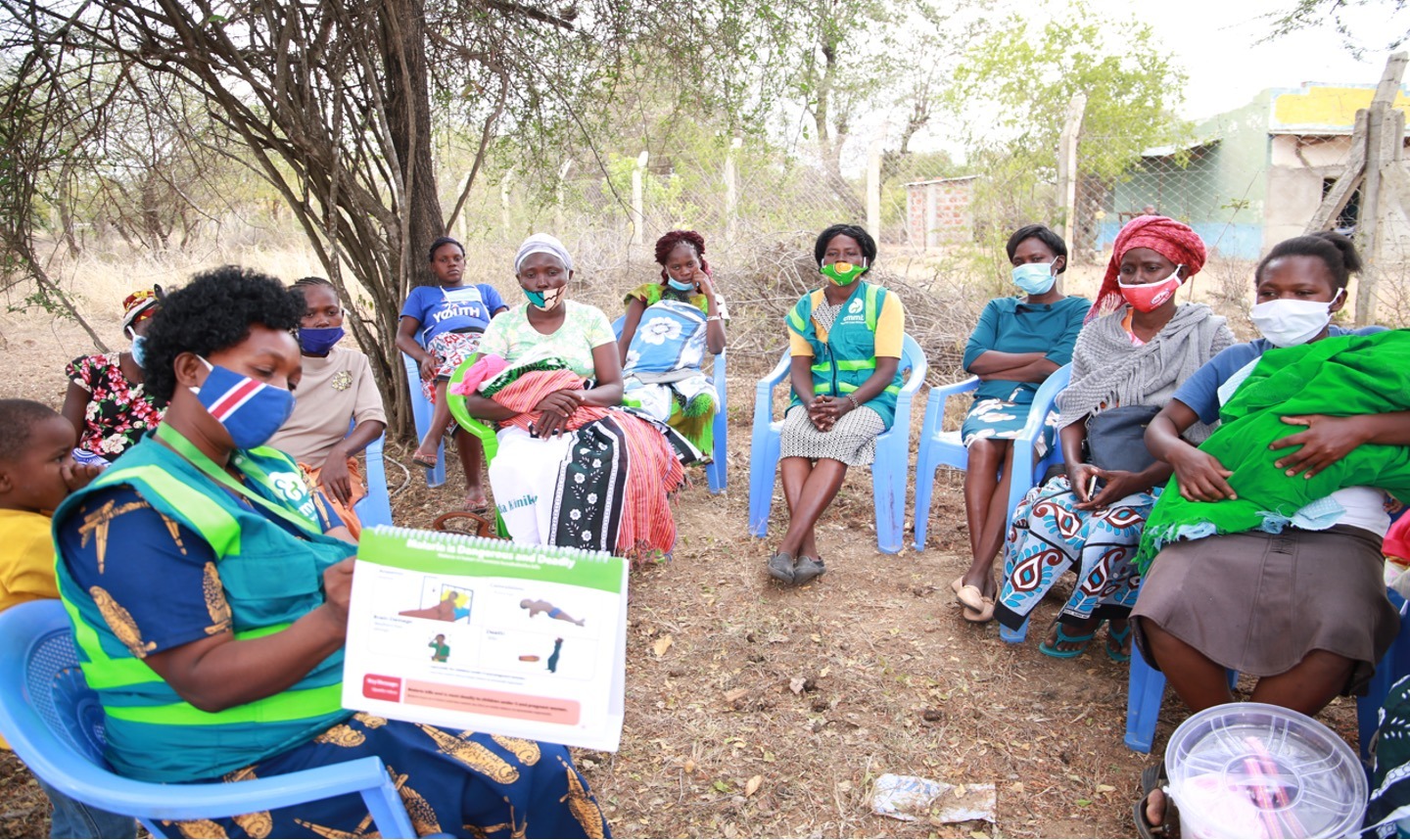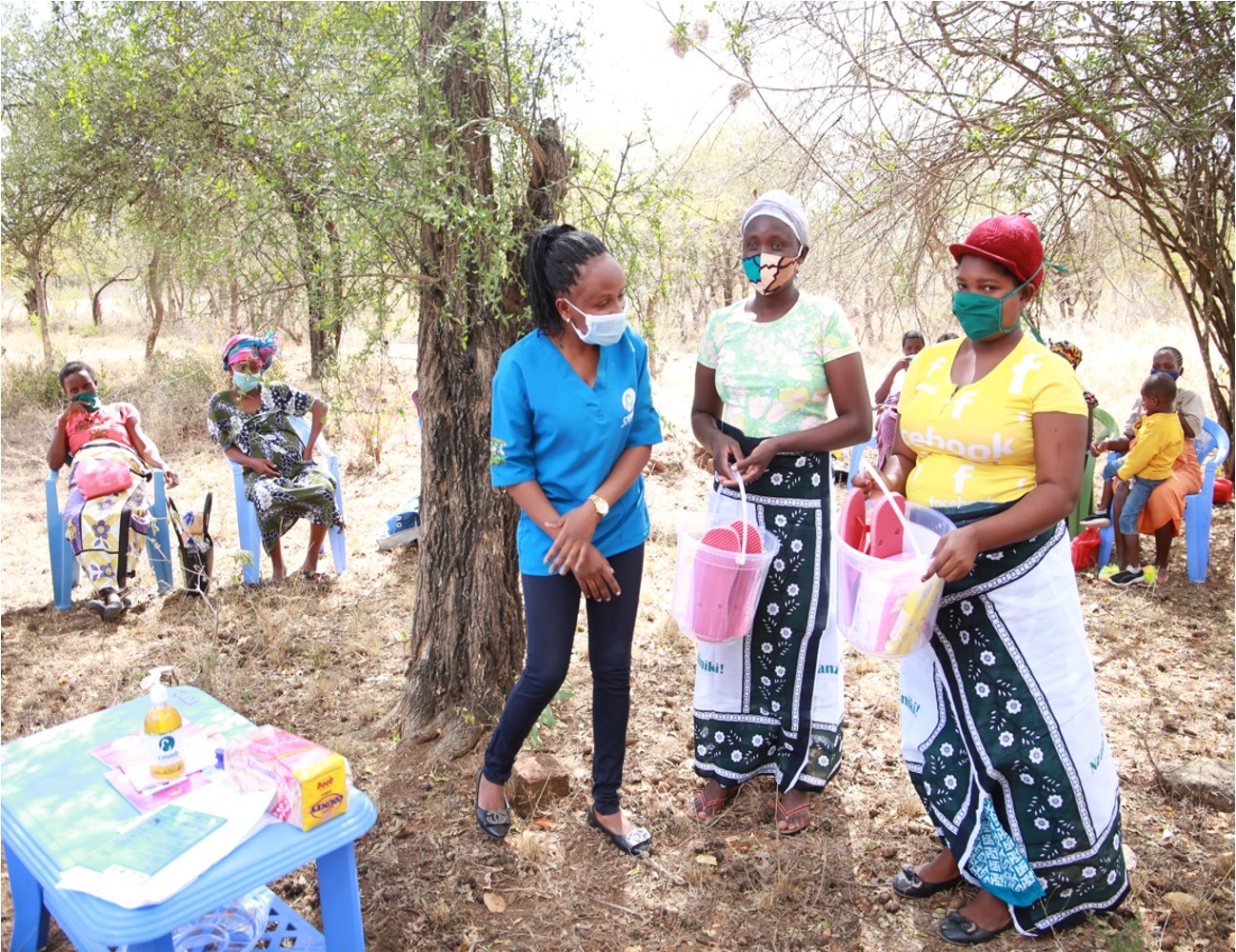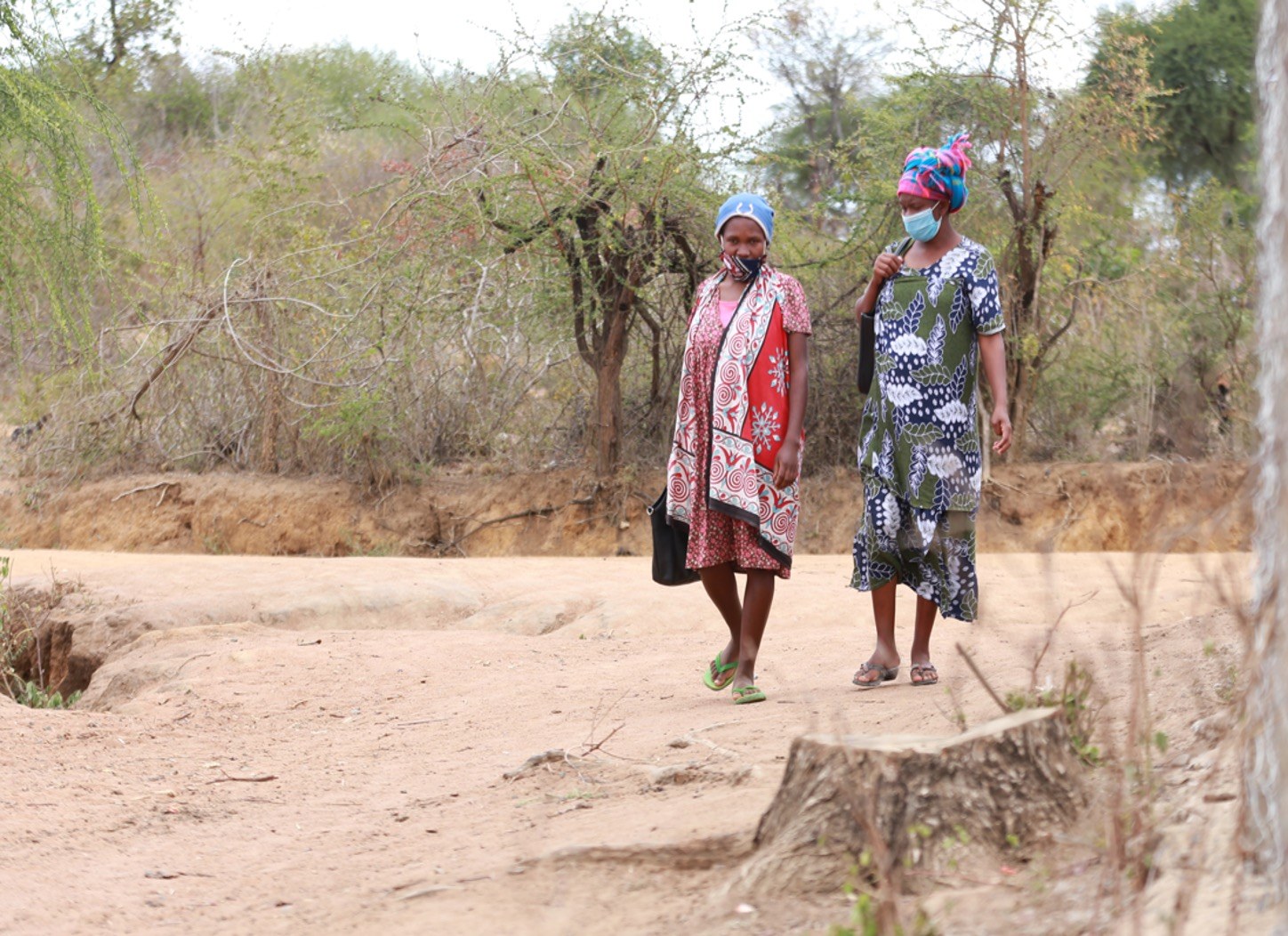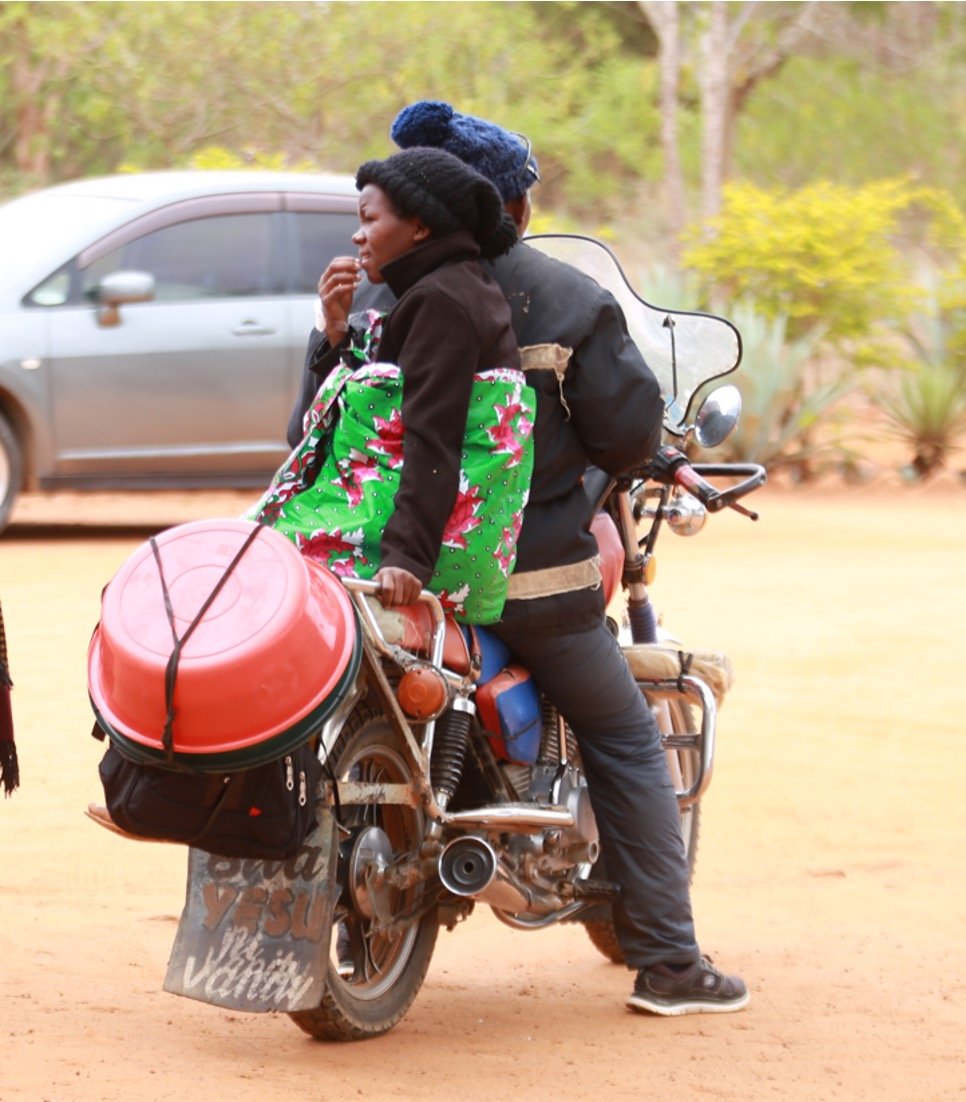Linda Uzazi: Empowering Mothers in Kenya to Help Themselves and Each Other
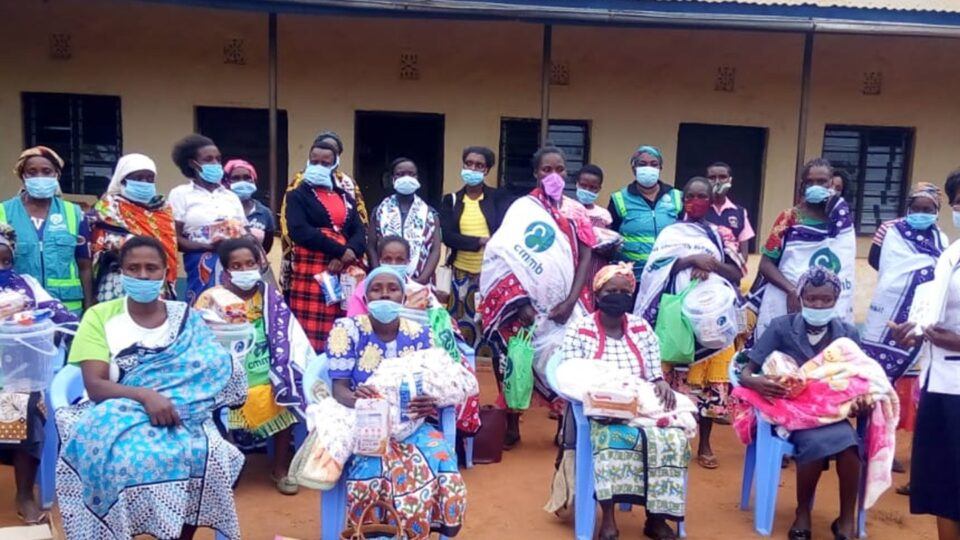
An estimated 2.8 million pregnant women and newborns die every year, or 1 every 11 seconds. The majority of maternal deaths—94 per cent— occurred in low-resource settings, and most could have been prevented.
This is the reality for many women and newborns in Kenya, where for every 100,000 births, 510 mothers do not survive, and 49 in every 1,000 children will not live to see their fifth birthday. These deaths can often be avoided by the presence of a skilled birth attendant and basic education in maternal and neonatal health and wellbeing.
Women face many barriers to deliver at a healthcare facility or in the presence of a skilled birth attendant. As with many problems in low-resource settings, such as education and sanitation, distance is a significant barrier. Often the nearest facility is too far to reach on foot, especially once a woman has gone into labor and the mother may not be able to afford transportation. In some cases, the expectant mother’s partner does not acknowledge the need to seek assistance and therefore is unwilling to arrange transport.
The most common causes of maternal deaths include severe bleeding, infection, and pre-eclampsia. All of these complications have well-known and relatively low-cost solutions which can be easily treated in a health care facility that practices good hygiene. So, the way to reduce the maternal mortality rate is clear; women must give birth with medical assistance.
Enter the Linda Uzazi project.
What is Linda Uzazi?
Linda Uzazi translates to “safe delivery” in Swahili and is CMMB’s maternal and newborn healthcare program in Kenya. The program aims to ensure safe deliveries for mothers and children through several community-based interventions.
The first point of contact for expectant mothers is antenatal care (ANC) meetings. From there, CMMB offers a range of services to ensure women deliver safely. However, the benefits of Linda Uzazi go far beyond the direct services and tools provided. In fact, the broad success of Linda Uzazi can be attributed to the ripple effect of its interventions across communities, amplifying its impact and ensuring its longevity.
So, what does the program involve, and what are its broader impacts?
Antenatal Care (ANC) Meetings: Empowering Women to Become Agents of Change
Expectant mothers are encouraged by community health volunteers (CHVs) to attend ANC meetings at their local healthcare center. The women are split into age-specific groups and educated on the importance of having a skilled birth attendant, best infant wellbeing practices, and good hygiene practices. These classes provide an essential platform for age-specific health advice and demystifying misconceptions. CMMB aims for mothers to attend four ANC meetings before delivery. This group setting has been highly effective at increasing client retention to the final ANC meeting and postnatal services such as infant immunizations.
Beyond the critical educational aspect of the ANC meetings, these classes provide emotional support for expectant mothers and a place where they can address their concerns.
“Mothers are able to speak with each other, encourage each other, help each other tackle all other issues that are not clinical. They could be emotional issues, psychological issues and through this we are also able to enhance their psychological and emotional wellbeing,” said Theresia Mukethe, CMMB Kenya Project Officer RMNCH.
Furthermore, it empowers women to become agents of change within their communities. Clients are encouraged to become Linda Uzazi champions; these champions encourage other women in their communities to seek out maternal and neonatal services. Thus, altering the health-seeking practices of many women within their community. This works like a ripple effect, with an ever-expanding number of mothers seeking out health services, lowering maternal and newborn mortality rates.
“Other than ANC clinic, we have different things we do, we help each other, uplift each other, especially if some of us are depressed. The sharing with each other helps,” said Juliet Nzau, a nurse in charge of Tuvila area.
ANC Packs
Upon completion of their fourth ANC meeting, expectant mothers receive an ANC pack. The pack includes a bucket, slippers, bar soap, maternity sanitary pads, diapers, and a blanket for the baby. Ensuring that if women do give birth at home, they can do so as safely as possible.
In addition, these packs serve another essential purpose, as an incentive to complete the program. This is crucial as 96.8% of the women who attend four ANC classes go on to have a skilled birth attendant, which dramatically increases the chance of survival for both mother and baby.
“There is a very big change since we started [giving out the packs], it’s making pregnant women have an urge to come to our facility,” said nurse Juliet Nzau.
Peer-to-peer Support
At the first ANC meeting, women are paired based on their proximity to one another in the community. The paired, expectant mothers are encouraged to support one another and schedule their subsequent prenatal care appointments together, creating a deep sense of shared commitment.
Once again, the immediate goal is to increase the retention of women to the final ANC meeting, but the byproduct of fostering these relationships between mothers has been remarkable. Many of the groups have gone above and beyond this peer support mechanism, forming strong bonds and providing assistance to one another. Six groups have pooled funds and created a tool for distributing money to finance individual birth plans and other preparations for delivery.
The ability to support one another and consequently themselves is incredibly powerful, as often the partners of expectant mothers are not aware of the need for a skilled birth attendant and therefore may not be supportive of their birth plan. This is important as often women are reliant on their partners financially to afford transportation to a hospital. Through pooling money, women can carry out their birth plan independently of their partners.
The strong peer support mechanism has also enabled one group to register with social services and now operate as an independent self-help group. Thus, providing locally driven and sustainable support to pregnant women and infants.
Boda Boda Drivers
Distance is a crucial barrier to delivery with a skilled birth attendant. That is why CMMB reimburses motorbike drivers for delivering mothers to hospitals when they go into labor. At each mother’s first ANC class, they receive the number of a Boda Boda driver, referred to as ‘skilled birth attendant champions.’ When the women go into labor, they can call a driver to collect them and bring them to a hospital or clinic to deliver their baby. Removing this barrier to accessing skilled birth attendants fundamentally changes women’s health-seeking behavior by making delivery in a health facility a viable option. The Boda Boda driver service also acts as another incentive for mothers to attend ANC classes.
“We have been able to achieve a great improvement in ANC coverage and skilled birth attendance because through these groups mothers are linked to the skilled birth attendant champions,” said Theresia Mukethe, CMMB Kenya Project Officer RMNCH.
Linda Uzazi Results
There are currently 42 groups undertaking maternal health classes, which amounts to 624 women. 342 are completing their antenatal care classes, and 282 are involved in postnatal care. That is 624 women who have more knowledge on how to care for themselves and their baby at a critical time for both mother and baby’s health. It is also 624 women with the potential to empower other women to seek maternal health care services. The latter is likely to make the most significant impact on the health-seeking behaviors of expectant mothers in low resource settings, encouraging them to deliver with a skilled birth attendant or in a health care facility, a practice that ensures women and children do not die of preventable complications. We thank the CMMB Kenya staff, community workers, SBA champions, and of course, the mothers who ensure the success of Linda Uzazi and will continue to do so.
When you invest in women, everyone benefits. In fact, investing in women’s and children’s health yields returns potentially up to nine times the value of the initial investment. That is why maternal health is a key priority for CMMB and why Linda Uzazi is such an important program. Empowering mothers changes the course of a child’s life, transforms communities and saves lies.
Learn More About Our Work In Kenya
